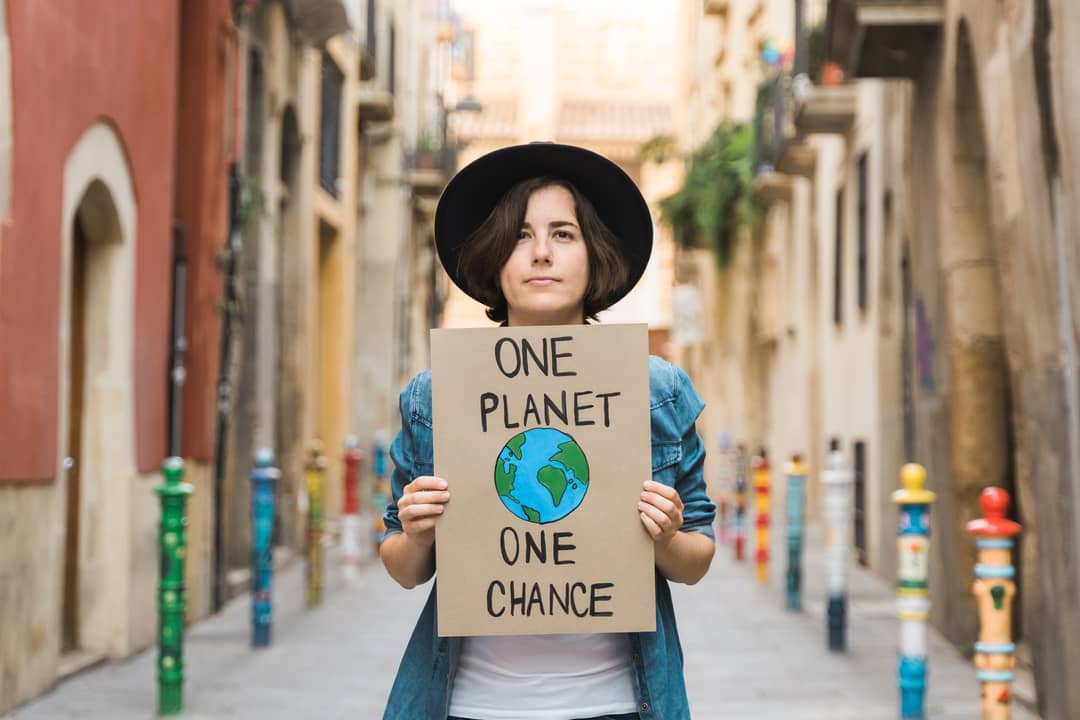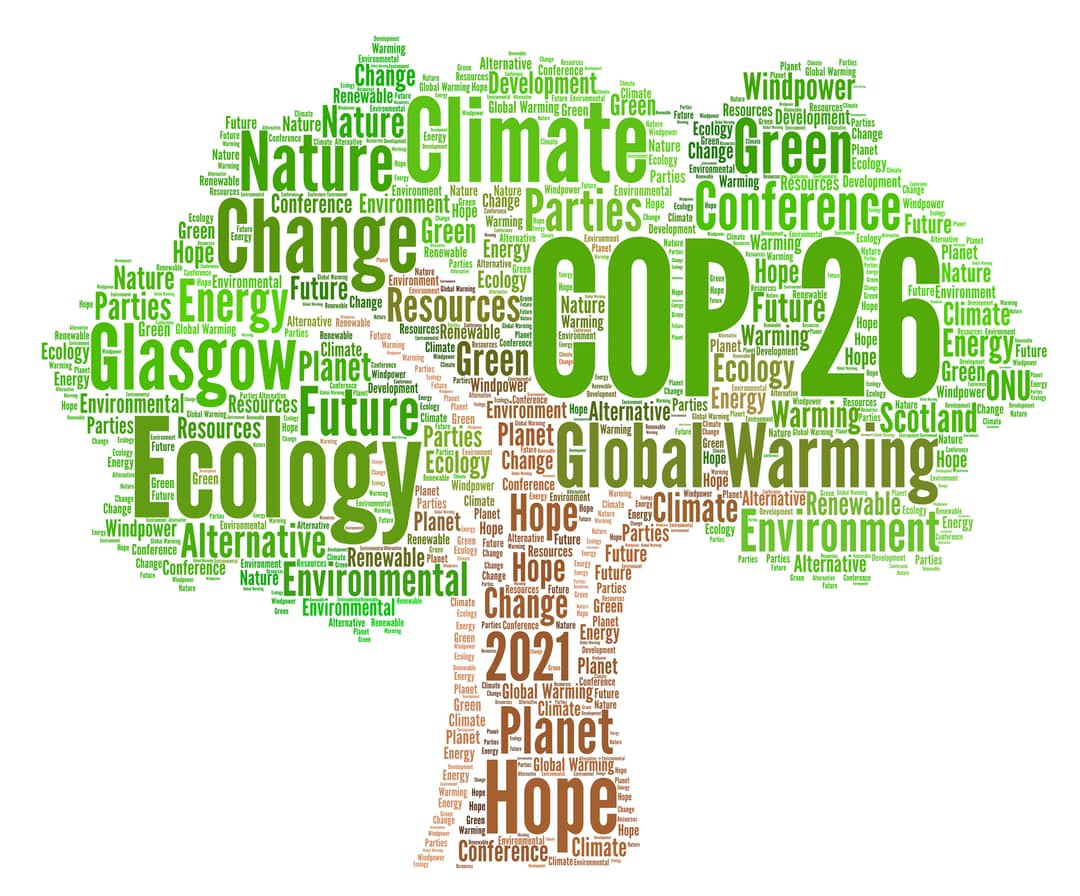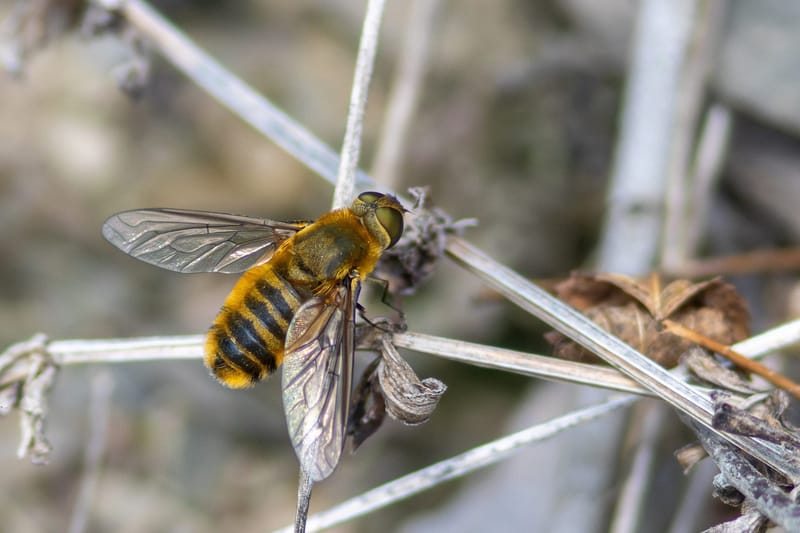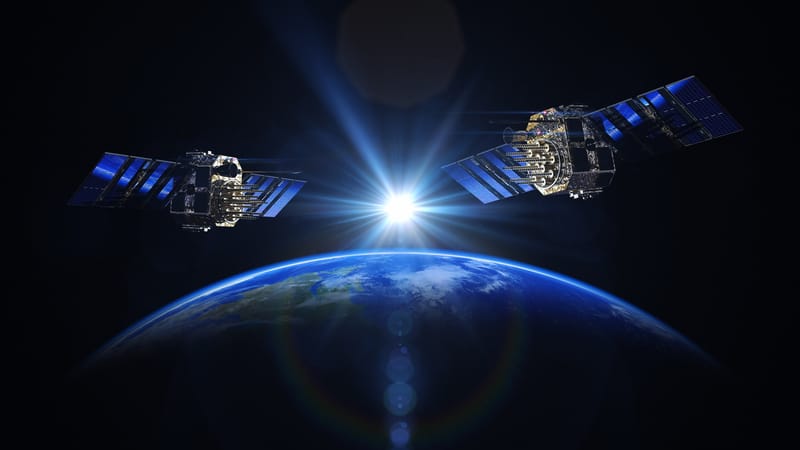
The pandemic has diverted attention from this month’s 26th session of the Conference of the Parties (COP26), but it’s also shown us what’s possible when society pulls together as a collective. Certainly, we’ve achieved monumental things during the pandemic in order to protect the population.
But we need to apply that same urgent large-scale response to protecting Earth’s life-support systems, and the key to achieving that is better harnessing, and listening more closely to, the eco-anxiety and fury of younger generations.
I want to support and encourage future leaders to further raise their voices on a global stage. Science is one important piece of the much larger, complex puzzle when it comes to global decision-making.
My students see the global inequity that climate change creates – and this understandably makes them angry.
The most vulnerable, such as women and those in poverty, are most at risk from the impacts of things such as extreme climatic events, resource scarcity, and climate migrations. We’re seeing that now with COVID and the vaccine rollout.
Young people are really frustrated with the short-term thinking occurring in Australia and beyond. We need to use strategic foresight to plan for many generations into the future, not just for what might be best for those of us alive today.
Similarly, students are really concerned with the lack of urgency applied to climate change at the highest levels of decision-making.

COP26 is our “last-chance’ COP when it comes to the Paris Agreement. This is clear from the grim assessment of the latest Intergovernmental Panel on Climate Change (IPCC) report written by scientists to provide a current and accurate assessment of our physical understanding of the climate system and climate change.
I attended COP25 in 2019 in Madrid (and COP24 Katowice, and COP23 Bonn) with an amazing group of students. I first became involved in COP through my work with an international group of academics, passionate about helping students respond to the climate crisis. We wanted to help young people become more effective change agents across the scientific, ethical, cultural and policy landscapes.
Making a difference isn’t just about technical skills. We wanted to give students the right tools. We wanted them to see science as solutions-oriented.
So we formed the global Youth Environmental Alliance in Higher Education. This allows students from around the world to work together to create interventions to present at COPs, at press conferences, and official events.

We’re changing the science education that students receive, so that they also learn about the UN Sustainable Development Goals, and how to collaborate interculturally. The aim is to prepare youth to collaborate and lead on a global scale. It’s also about giving youth the space to raise their voices.
COP is about empowering emerging leaders through immersion in intergovernmental decision-making so they better understand the levers they can pull to make change in the future. Otherwise, they’re left frustrated. The science tells us to change, but young people are frustrated – they want to know, rightly, why isn’t anything changing?
When students see how COPs work, and participate in a UNFCCC intergovernmental process, they learn to collaborate with stakeholders from policy, to corporates, to NGOs and across cultures.
Learning about collaborative approaches is important – it’s what brings the creative solutions we need when dealing with a wicked problem such as climate change. It can’t be solved by one discipline, one country or one sector alone, and we know that past approaches don’t work.
Students who have attended previous COPs have provided some great insights based on their experiences. Monash Master of Environment and Sustainability graduate Dickson Ho, for example, attended COP25 in Madrid in 2019, and had this to say:
“Decisions about us as young people, about our future, are made without us … Youth engagement with the decision-making process feels like a very new area, with no best practice or models to follow or guide us.”
Similarly, Master of Environment and Sustainability graduate Sanjna Ullal, who attended COP24 in Katowice, Poland, in 2018 said:
“It is highly motivating seeing fellow young people around the world persevere and work to push through, despite the challenges world leaders put on us by being indecisive.”
This year, due to the pandemic, COP26 will largely be an online event, but I hope it doesn’t receive less attention because of this, even though there’s likely to be reduced participation from civil society.
Usually, there’s a diversity of global youth, NGO, academic and industry representatives on the ground at COP, in addition to negotiators and country representatives, which allows the diverse perspectives, collaborations and representation needed to approach this multidimensional issue.
Such wide representation is crucial.
I’m optimistic about the future. Our society is in good hands with our younger generation, and eventually there’ll be a new paradigm. But that paradigm needs to start operating now, and that’s why young emerging leaders need to be empowered to raise their voices – and be given the space to do so.





